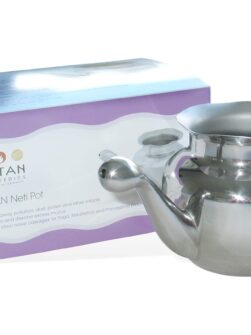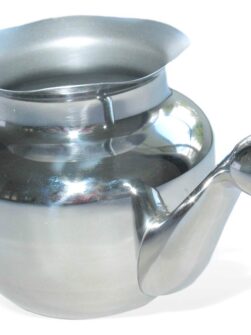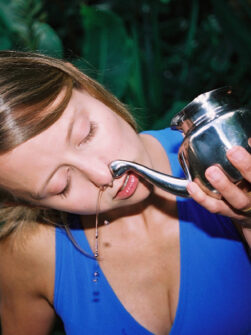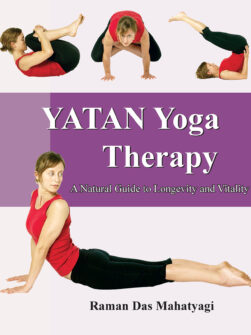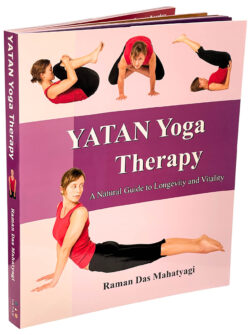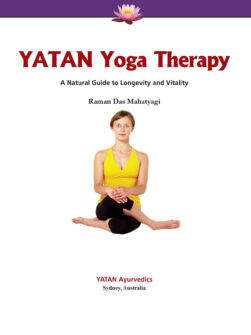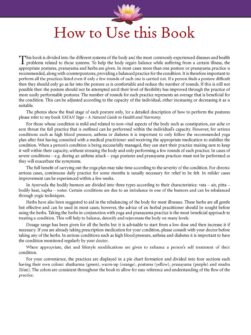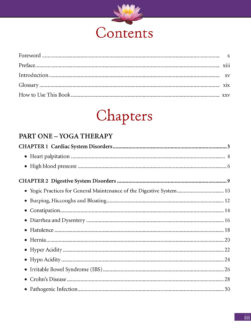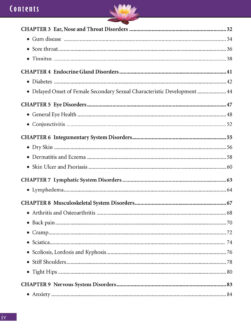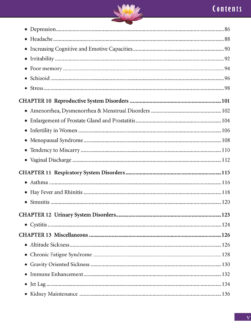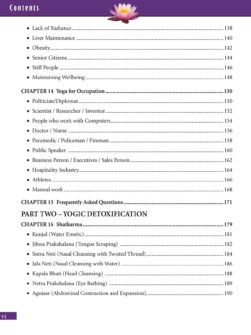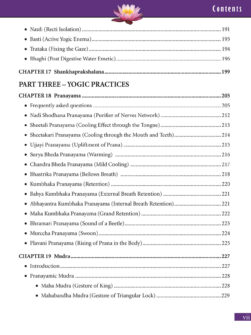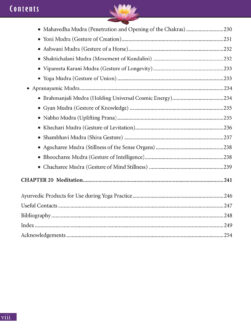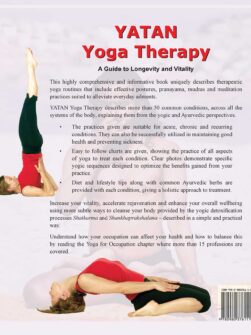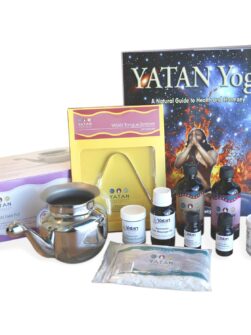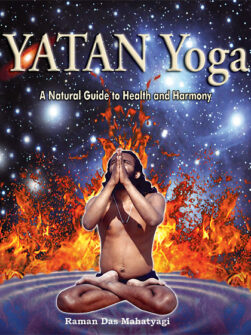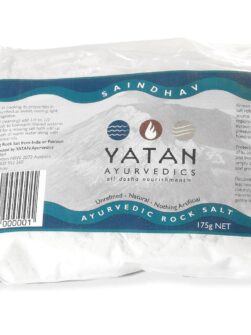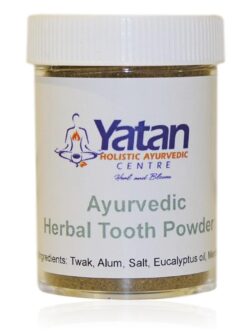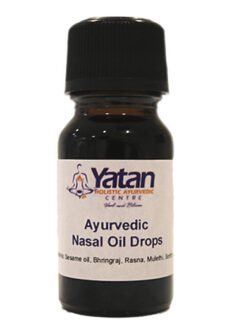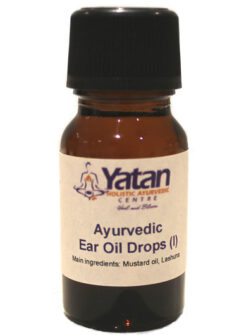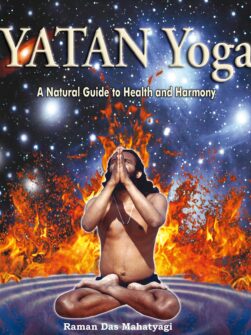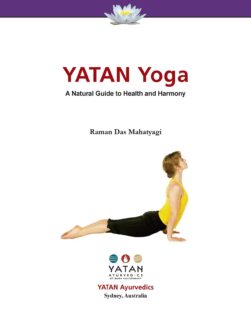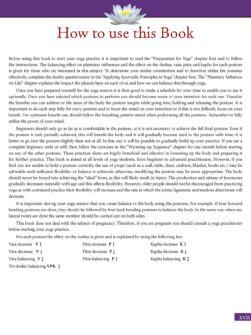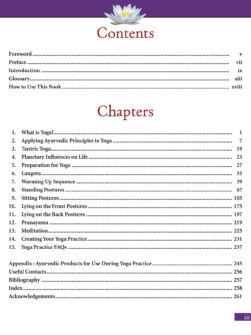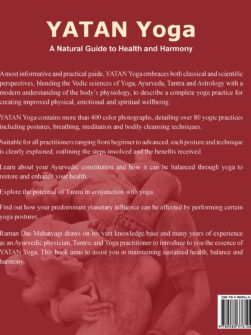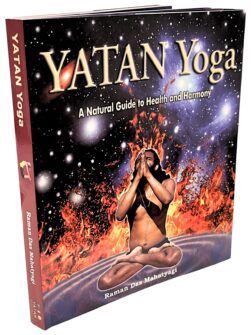What is asthma?
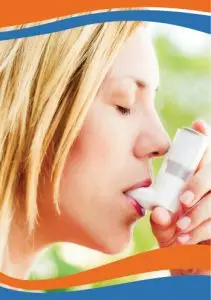 Asthma is a chronic lung condition that causes breathing problems. The bronchial tubes always have some degree of inflammation, but during an asthma attack some trigger provokes an increase in inflammation and the surrounding muscles tighten, narrowing the airways. The symptoms of a asthma attack range from mild wheezing to chronic coughing, gasping and choking which takes place during an attack. If not managed the condition can become dangerous and can potentially lead to asphyxiation due to an airway obstruction. This is where Ayurveda plays an important role and may provide the natural remedies for asthma. Read below to learn more.
Asthma is a chronic lung condition that causes breathing problems. The bronchial tubes always have some degree of inflammation, but during an asthma attack some trigger provokes an increase in inflammation and the surrounding muscles tighten, narrowing the airways. The symptoms of a asthma attack range from mild wheezing to chronic coughing, gasping and choking which takes place during an attack. If not managed the condition can become dangerous and can potentially lead to asphyxiation due to an airway obstruction. This is where Ayurveda plays an important role and may provide the natural remedies for asthma. Read below to learn more.
What factors contribute Asthma Symptoms?
The triggers that bring on the asthma symptoms vary greatly between people, but common triggers include pollen, dust mites, animal fur, tobacco smoke, hot or cold air, and exercise. Because of lung hypersensitivity, the situation can be worsened by exposure to materials or conditions in the workplace. Reach out to us if any of your symptoms aggravate when coming into contact with the former triggers. Ayurveda may help you with your condition with natural remedies for asthma.
What are the signs and symptoms of asthma?
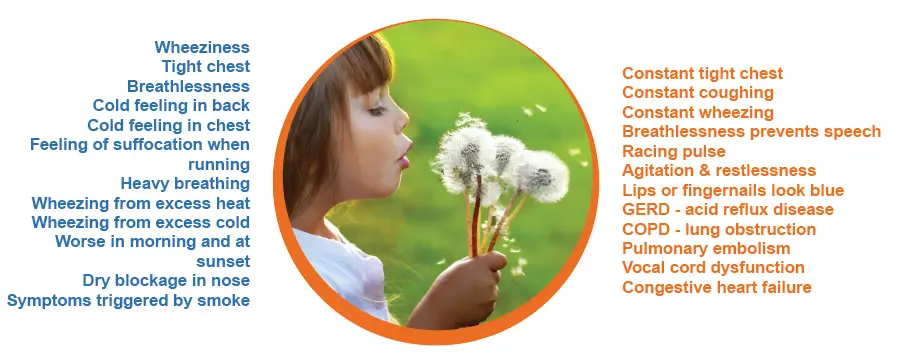
Ayurvedic Treatment of Asthma
What are the health effects of Chronic Asthma & Acute Asthma?
 Asthma can be a lifelong condition affecting the respiratory system. In some sufferers the effects come and go, while in others the asthma attacks are recurrent and severe leading to chronic asthma. While difficulty with breathing is the common factor, the illness can affect many other systems. The sufferer becomes highly intolerant to a range of environmental and dietary triggers. The digestive system is frequently compromised and bloating is a likely symptom, as is a tendency to long-term sinus problems. Tiredness, lack of motivation and negativity are all common.
Asthma can be a lifelong condition affecting the respiratory system. In some sufferers the effects come and go, while in others the asthma attacks are recurrent and severe leading to chronic asthma. While difficulty with breathing is the common factor, the illness can affect many other systems. The sufferer becomes highly intolerant to a range of environmental and dietary triggers. The digestive system is frequently compromised and bloating is a likely symptom, as is a tendency to long-term sinus problems. Tiredness, lack of motivation and negativity are all common.
What is the Ayurvedic explanation on signs and symptoms of asthma?
Ayurveda sees asthma as beginning not in the lungs, but in the digestive system. Pitta is low and an excess of Kapha causes aggravation of Vata. The Vata and Kapha doshas are in need of pacification. Major contributors are lack of routine in daily lifestyle and poor eating habits. Typically the diet can contain too many cold foods and drinks, excess carbohydrates, and foods that are heavy and sticky. However, Ayurveda provides many natural remedies for asthma that may help to fix the tridosha imbalances and restore health.
If you are looking for asthma treatment in Australia, try Ayurveda and witness the wonders it does to your health.
What are Ayurveda’s natural asthma treatment?
The supportive asthma treatment in Ayurveda is highly individualised but there are always three main targets: the gut, the liver and the lungs. The dietary advice given is as much to do with what to avoid as what to consume. Lifestyle routines are introduced with a view to balancing circadian rhythms. Breathing exercises (Pranayama) help to relax and widen the airways. The Neti pot is used to clear the mucus membranes of the sinuses and throat, and to help clear away allergens. By incorporating these natural remedies for asthma, you could see a sharp difference in your health and well-being.
Preventing Asthma Attacks
Asthma can be a challenging condition, but by identifying and avoiding triggers, you can prevent asthma attacks. Pairing these preventative measures with a nutritious, well-balanced meal that focuses on pacifying any dosha imbalance can also help in management. Here are some strategies you can adopt to mitigate the risk of an asthma attack:
- Ensure that you’re not exposed to passive smoking. Ask friends or family members not to smoke in your presence or in areas where you frequently spend time. When indoors, using an air purifier can help reduce the amount of allergens and irritants in the air.
- While pets bring joy, they can also be a source of asthma triggers. Their fur, dander, or even the dead skin they shed can exacerbate symptoms. If you have pets, ensure they’re regularly groomed and consider keeping them out of certain areas, like your bedroom.
- Harsh chemicals present in many household cleaning products, detergents, and soaps can irritate your airways. Opt for natural or hypoallergenic products whenever possible.
- If you suffer from seasonal allergies, they can aggravate your asthma symptoms. Be proactive in managing these allergies, whether through natural remedies, or avoiding outdoor activities during high pollen counts.
- Processed and packaged foods often contain artificial additives and preservatives that can be triggering. Focus on fresh, whole foods and consider consulting an Ayurvedic practitioner for dietary guidance tailored to your dosha.
If you are looking for an Ayurvedic asthma treatment in Australia, please call on 1300 552 260.
When to Seek Medical Help
Asthma symptoms can sometimes escalate rapidly. It’s essential to recognize the signs of a severe asthma attack and know when to seek immediate medical attention. If you experience:
- A rapid worsening of shortness of breath or wheezing.
- No noticeable improvement even after using a quick-relief inhaler.
Do not hesitate; seek medical care immediately.
Frequently Asked Questions
What are the 5 symptoms of asthma?
Wheezing (a high-pitched whistling sound when breathing)
Shortness of breath, especially during the night or early morning
Chest tightness
Persistent cough, especially at night or early in the morning
Increased mucus production
What causes asthma in adults?
Asthma in adults can be triggered by various factors including allergens (pollen, mould, pet dander, dust mites), respiratory infections, cold air, physical exertion, strong odours, smoke, certain medications, stress, and even certain foods and beverages.
Is asthma curable?
There is no definitive cure for asthma in modern medicine, but Ayurveda offers holistic management techniques which may significantly reduce symptoms and improve the quality of life. Management includes dietary modifications, herbal remedies, yoga, and lifestyle changes.
What is the main cause of bronchial asthma?
Bronchial asthma is primarily caused by inflammation of the airways which narrows them, leading to difficulty in breathing. Triggers can include allergens, irritants, respiratory infections, exercise, and even emotional stress.
What is the best food for asthma in Ayurveda?
Ayurveda suggests including anti-inflammatory foods like turmeric, ginger, black pepper, and honey. Warm, freshly cooked meals with minimal dry or cold foods can be beneficial. Also, avoiding dairy, cold drinks, and processed foods is often recommended.
What is the permanent cure of asthma?
There isn’t a recognised permanent cure for asthma. However, with proper management using Ayurvedic principles, lifestyle changes, and sometimes modern medications, many individuals may lead symptom-free lives.
What is the recovery time for asthma?
Asthma is a chronic condition. While acute asthma attacks can be managed and relieved within minutes to hours with appropriate treatment, the underlying inflammation and hyper-responsiveness of the airways might take longer to address.
What is the best treatment for asthma?
This varies from person to person. Ayurveda suggests a holistic approach that includes dietary changes, herbal treatments, pranayama (breathing exercises), and lifestyle modifications. Conventional medicine often prescribes inhalers and sometimes oral medications to manage symptoms.
Which yoga is best for asthma?
Pranayama, especially Anulom Vilom (Alternate nostril breathing) and Bhastrika (Bellows breath), can be highly beneficial for asthma sufferers.
Which exercise is best for asthma?
Low-impact exercises like walking, cycling, and swimming can be beneficial. It’s crucial for asthmatics to warm up gradually and avoid overexertion.
Does walking reduce asthma?
Yes, walking can help improve lung function, reduce inflammation, and enhance overall well-being, which can help in managing asthma.
How can I make my asthma lungs stronger?
Pranayama, deep breathing exercises, and aerobic exercises can help strengthen the lungs. It’s always essential to consult with a healthcare provider before starting any new exercise regimen.
What are the three asanas for asthma?
Sukhasana (Easy Pose) with deep breathing: Helps in opening up the lungs.
Setu Bandhasana (Bridge Pose): Opens the chest and improves lung capacity.
Bhujangasana (Cobra Pose): Enhances lung function by expanding the chest.
Read More About Asthma Treatment
- Asthma Treatment Plan – With Ayurveda
Try our Ayurvedic Products for Asthma Treatment
Other Related Products
|
|





















